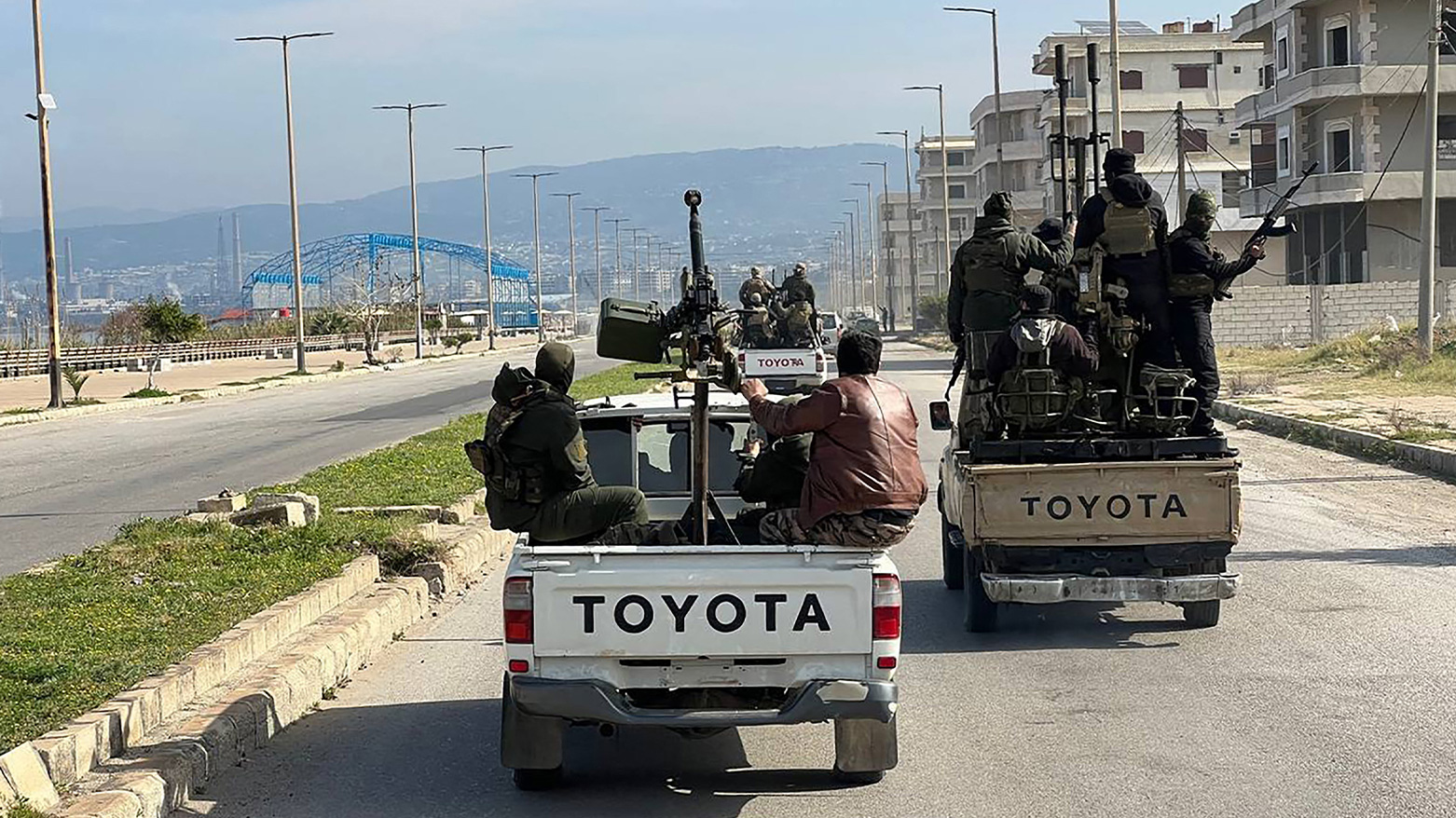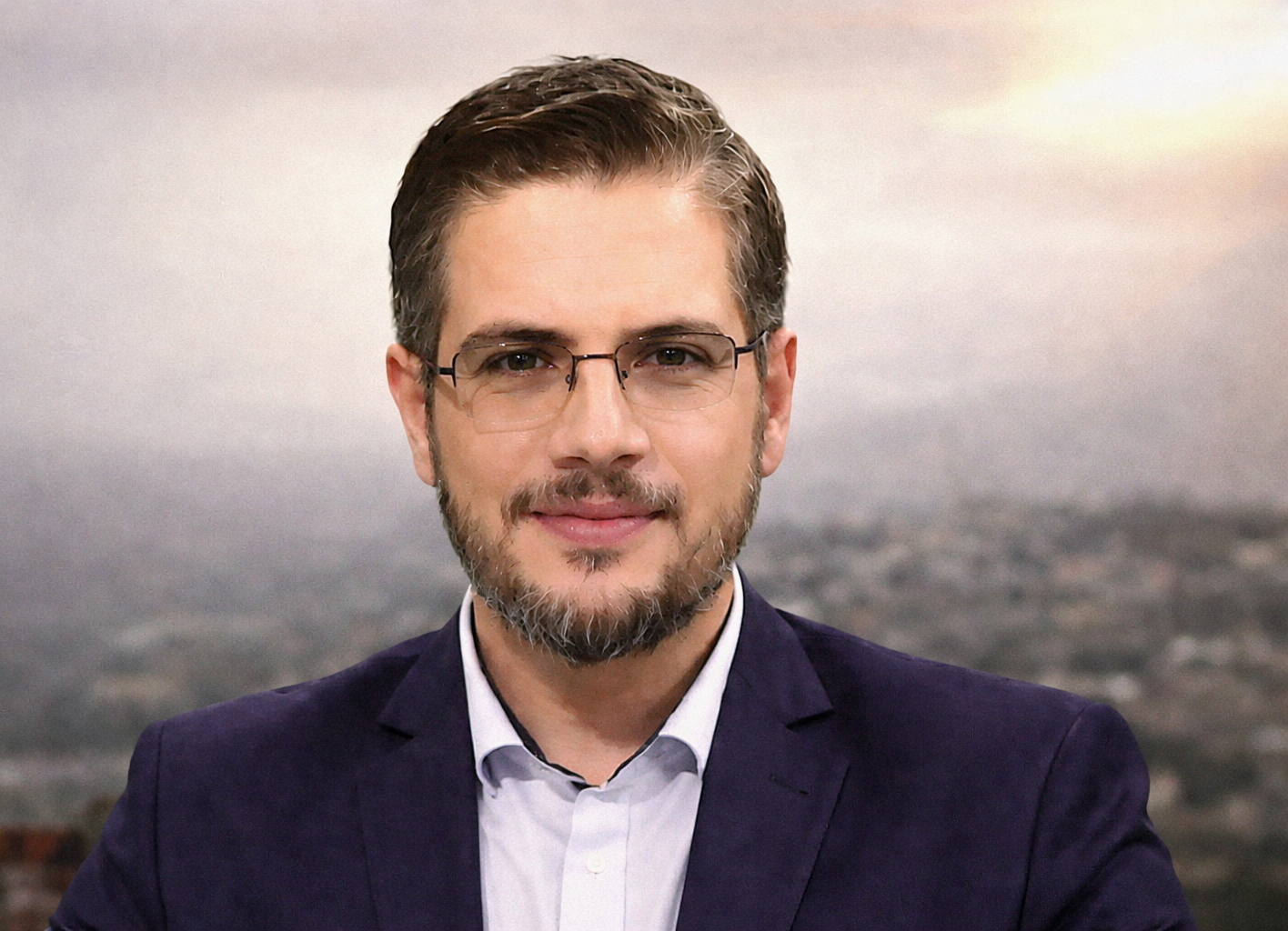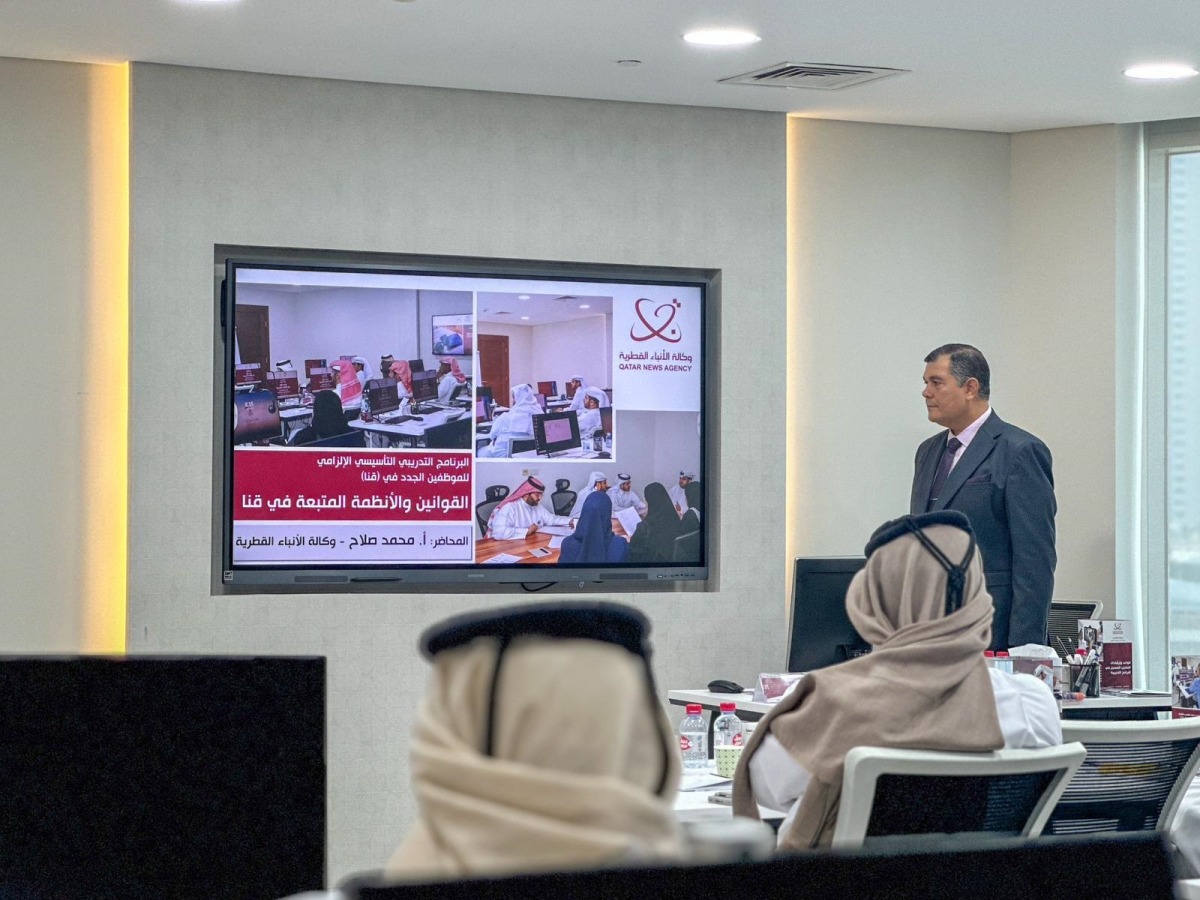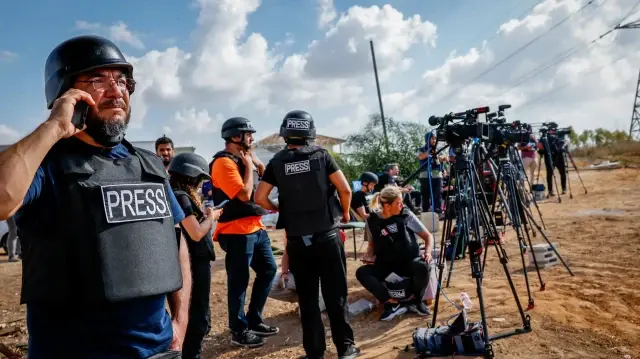
Journalist Arrested at Ontario NDP Rally for Gaza Protest Sparks Free Speech Debate
March 6, 2025
Journalist Patricio Aguilar Killed in Ecuador Amid Spiraling Violence Against the Press
March 7, 2025March 07, 2025 – Kurdish/Iraq –
Kurdistan24 correspondent Anwar Abdullatif narrowly escaped harm on March 7, 2025, after a Syrian Ministry of Defense convoy he was accompanying was ambushed in the coastal province of Tartous, Syria. The attack, reportedly carried out by armed remnants of Bashar al-Assad’s former regime, underscores the persistent dangers journalists face while covering volatile regions still haunted by the remnants of civil war.
Abdullatif was on assignment with Syrian government forces documenting military operations aimed at reasserting control in the area, which remains contested despite years of conflict. According to reports, the convoy came under sudden gunfire from armed loyalist elements still active in the region. Government soldiers quickly returned fire, initiating a gun battle that forced the convoy to halt.
Thanks to swift instructions from military personnel, Abdullatif and his crew were ushered to safety and were unharmed in the exchange. Though physically unscathed, the incident served as a chilling reminder of the high-risk environment journalists endure in Syria, where even areas considered relatively stable can erupt into violence without warning.
This ambush reflects the complex and fractured power dynamics still plaguing Syria. While the Assad regime retains significant influence, its downfall in various pockets of the country has created a vacuum filled by rogue armed groups, including former regime loyalists. Journalists embedded with official forces are now facing threats not just from opposition factions, but from irregular militias acting independently.
Press freedom advocates have renewed calls for stronger protections for journalists reporting in conflict zones. The Kurdistan Journalists Syndicate condemned the attack, urging both local and international authorities to implement better security protocols for media workers.
For Abdullatif, the experience underscores both the courage and vulnerability of journalists striving to document the lingering chaos in war-torn regions. His survival highlights the need to recognize journalism not just as a profession, but as a frontline act of public service—one that often carries life-threatening risks in the pursuit of truth. As instability continues to grip Syria, safeguarding the lives of those who tell its story becomes increasingly urgent.
Reference –




